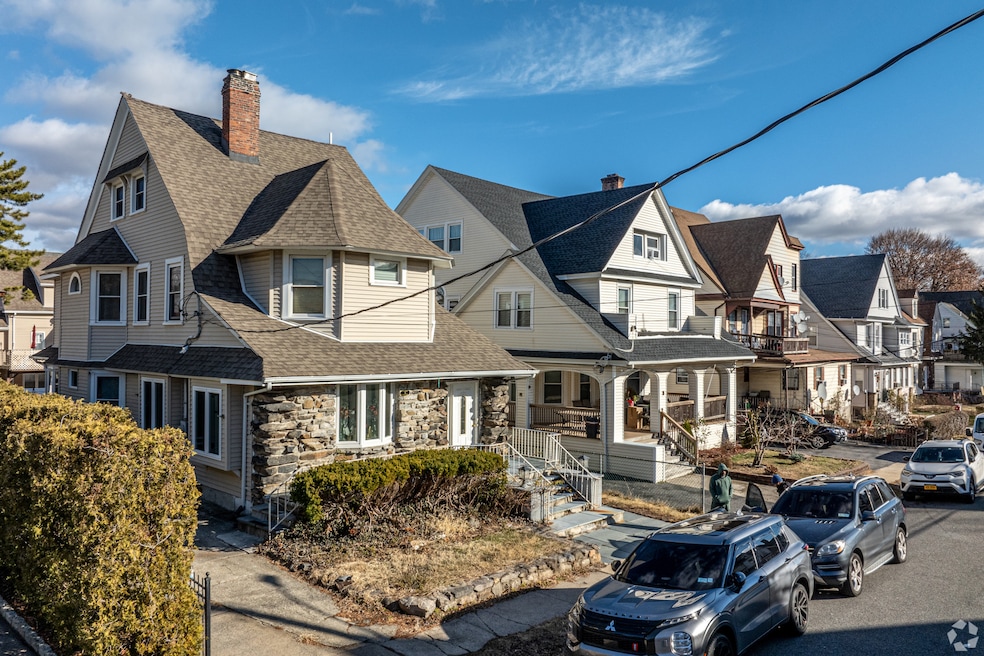Homeowners insurance will rise 8% nationwide, following double-digit increases in the past two years, Insurify projects.
Owning a home will get more expensive this year, with insurance companies passing on storm-related risks and costs onto consumers, the Cambridge, Massachusetts-based policy-comparison site reported.
The average cost will go up by 8%, or to $3,250, on top of a 20% increase seen over the past two years.
Insurify collected insurance quotes from partner providers and data from Quadrant Information Services to determine quote changes.
“At a time when severe weather is raising insurer losses, insurance companies can’t shoulder as much risk as they have in the past,” Daniel Lucas, a carrier relations manager for the company, said in a statement. “As a result, companies are broadly shifting more of the risk burden onto homeowners.”
In Iowa, for example, home insurers pay out $122 in claims for every $100 they make in premiums, according to the analysis.
Some states bear the brunt of higher insurance costs. Florida continues to lead the country in pricey policies. Homeowners there can expect to pay $15,460 for insurance on average. (Hialeah, Florida, has the highest projected average cost of any U.S. city, $26,693, according to the analysis.) Louisiana ($13,938) is second, followed by Oklahoma ($8,369), Colorado ($6,630) and Texas ($6,522).
The analysis projected a 21% increase for California by year's end, with an average premium of $2,930.
"This is partially due to California’s wildfires and a new insurance model that allows insurers to weigh future climate risks when pricing premiums," according to the report. "The Palisades and Eaton fires that ravaged Los Angeles County in January and regulatory changes in the state will contribute to this increase."

